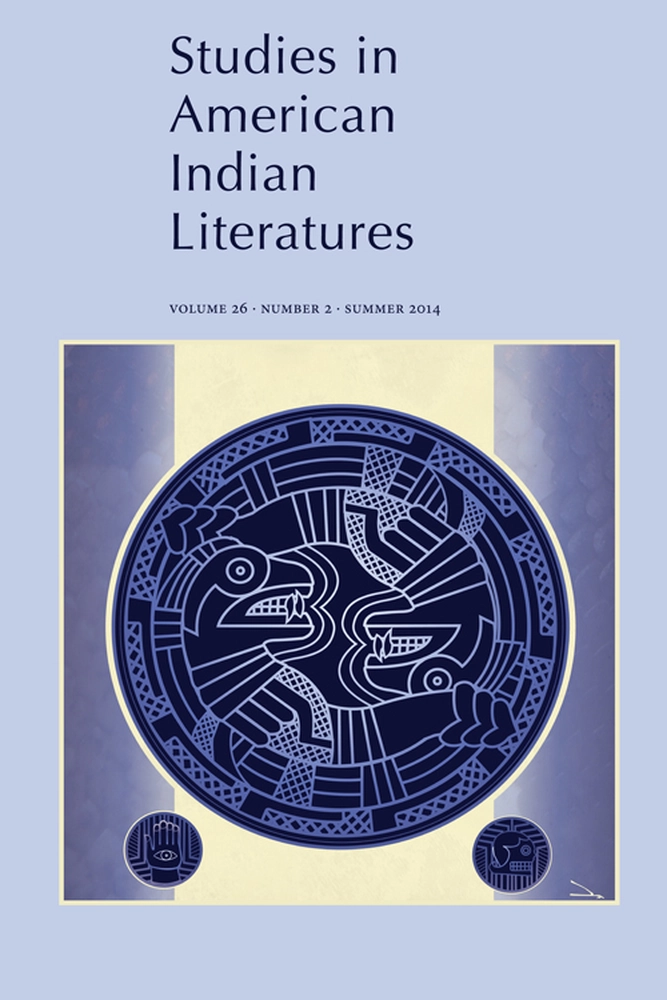
“Native stories are power. They create people. They author tribes. America is a tribal creation story, a tribalography,” writes LeAnne Howe as the beginning call-out to her methodology that forms the intellectual center of this special issue for sail (Howe, “Story” 29). While Howe seeks to draw new lines within old traditions and along the way remind us that Native peoples are nothing without the families and communities, the stories and the histories, and the jokes and shared grief that hold us together, she also binds America in its totality to that process of creation. “Our stories,” Howe reminds us, “created the immigrants who landed on our shores” (29). And whether it was corn to sustain them, structures to govern them, or kin to remind them how they are all connected, America was, finally and in the beginning, “created from a story” (29). Settlers and arrivants themselves have also told stories in order to create these lands in their image, and their politics continually return to the scene of the narrative in order to recast themselves as part of the story. And not just in a supporting role, but rather as the central first-person narrator in the story of America that depends upon vanishing the Indian as part of its denouement.
View the journal for the full article